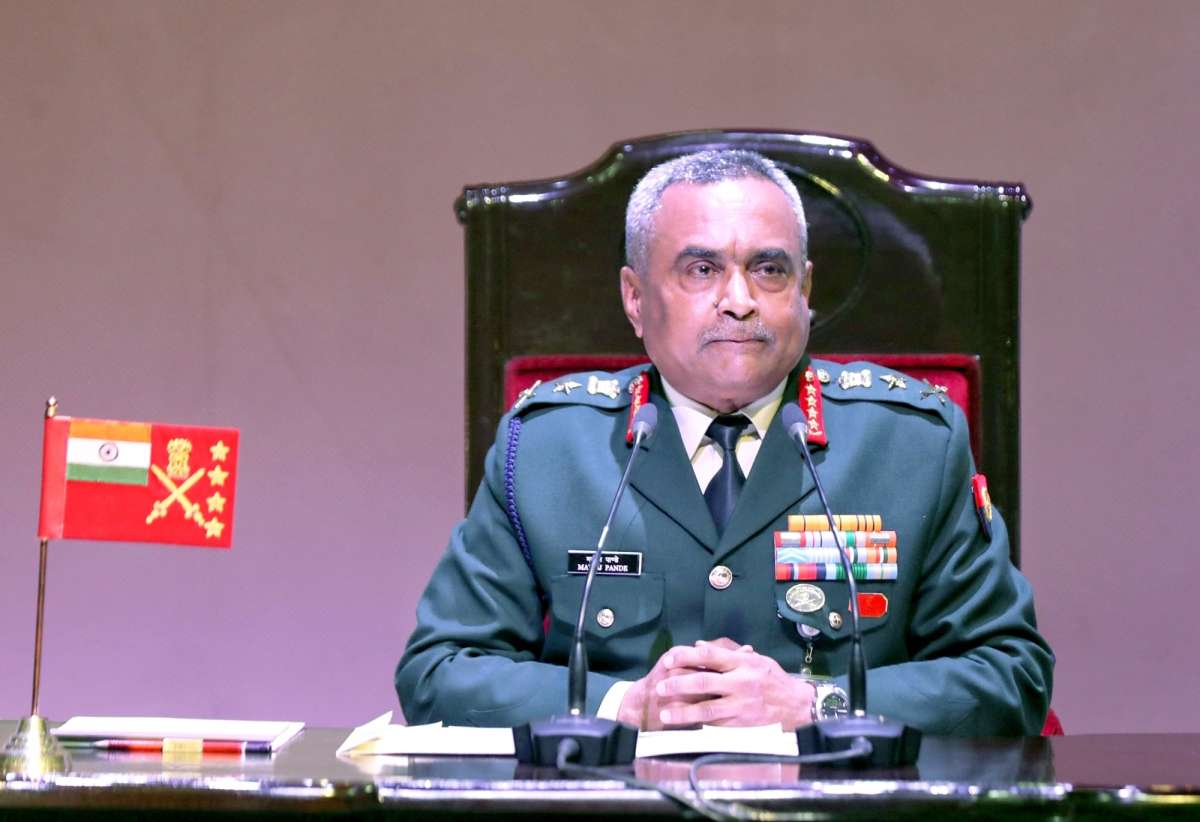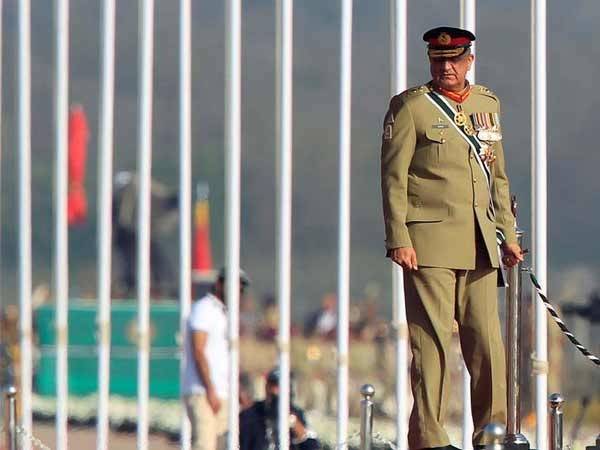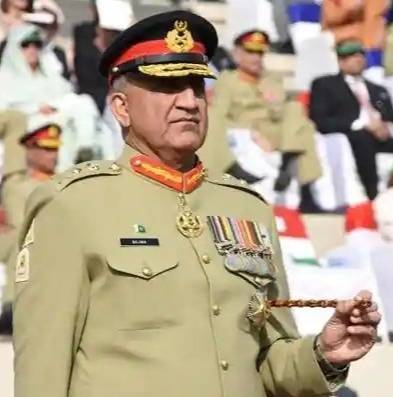General Manoj Pande will visit various districts where he will interact with the local commanders and obtain a first-hand account of the ground situation, reports Asian Lite News
Two days before the scheduled visit of Union Home Minister Amit Shah to the ethnic violence-hit Manipur, Chief of Army Staff General Manoj Pande reached Manipur on Saturday to hold meetings with various civil society organisations in Churachandpur district.
Defence sources said that the COAS arrived in Imphal on Saturday on a two-day visit. He will visit various districts where he will interact with the local commanders and obtain a first-hand account of the ground situation.
General Pande will also interact with the troops.
On Sunday, he will meet Governor Anusuiya Uikey, Chief Minister N. Biren Singh, Chief Security Advisor to Manipur Kuldiep Singh and would discuss and deliberate over the current situation and future trajectory, in order to restore normalcy in the trouble-torn state at the earliest.
A Manipur government official said that in view of the widespread ethnic violence in at least 11 of the 16 districts of the state, the state administration had requisitioned Army and Assam Rifles on May 3.
As an immediate response, the Army and Assam Rifles deployed 135 columns of troops to diffuse the situation by carrying out active domination of the sensitive and fringe areas.
Approximately 35,000 people from different communities have been evacuated to safe zones and immediate relief and humanitarian aid has been provided to the displaced civilians by the Army and Assam Rifles.
Meanwhile, Union Minister of State for Home Nityanand Rai, who is now on a visit to the strife-torn state, said that Home Minister Amit Shah is scheduled to reach Manipur for a three-day visit on May 29.
Meanwhile, Eastern Command Army chief Lt Gen R.P. Kalita visited Manipur’s several sensitive and mixed-populated districts from May 22-24 to assess and review the ground security situation. He visited Kangpokpi, Matripukhri, Churachandpur, Bishnupur, Yaingangpokpi and Moreh, where he was updated on the security situation by the local commanders.
ALSO READ: Sittwe Port to boost trade in Northeast, South East Asia



